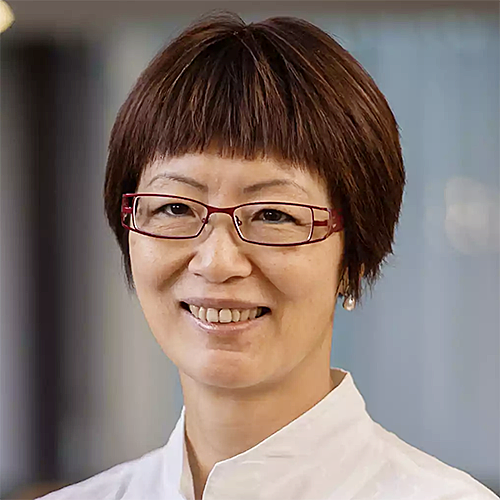Initial feedback from potential investors to the proposed rules on special purpose acquisition companies (SPACs) issued by the Hong Kong Exchange (HKEX) last week appeared muted, although there was consensus the proposals were too restrictive to encourage more SPACs to list in Hong Kong.
HKEx head of listing Bonnie Chan, however, believes there is enough interest in SPAC listings in the city despite the perceived restrictiveness of the proposed rules. “I don’t have a crystal ball but suffice to say through the process of consultation and speaking to quite a lot of players, a lot of them have already expressed interest to explore doing a SPAC listing in Hong Kong so that’s encouraging. We designed it to be prudent and we believe that most of the market practitioners in our market are compliant players.”
Compared to SPAC listing rules in the United States and Singapore, the HKEX’s proposed rules, which are subject to consultation until October 31, contains tough restrictions to SPAC sponsors, investors, and shareholders, which are intended to ensure proper disclosure and safeguard investor interests, particularly retail investors.
A SPAC is a type of shell company that raises funds through its listing for the purpose of acquiring a business (a de-SPAC target) at a later stage (a de-SPAC transaction) within a pre-defined time period after listing.
The HKEX justifies its restrictive approach by citing the experience of the US Securities and Exchange Commission (SEC), which has also recently tightened scrutiny of SPAC listings.
Major differences
“We must also bear in mind the major differences between US and Hong Kong markets. There is proportionately higher retail market participation in Hong Kong than in the US. Also, the US regulatory regime places more emphasis upon investors’ ability to take private litigation action to curb abusive behaviour. Therefore, a straightforward transplantation of the US regime to Hong Kong may not be appropriate or conducive to the maintenance of market quality in Hong Kong,” according to the HKEX consultation paper.
Because of this, the HKEX’s proposed rules ban retail investors from investing in SPACs. Only professional investors, including institutional professional investors and non-institutional professional investors, including individuals with a portfolio of at least HK$8 million (US$1 million) can subscribe and trade SPAC securities.
“This proposal is in stark contrast to the current SPAC listing regime in the US, which has no such arrangements in place. Rather, retail investors can freely participate in the [initial public offering] of the US SPAC as well as the trading of its securities,” according to Billy Wong and Ning Zhang, partners at Morgan Lewis.
Also, professional investors that would meet the HKEX requirements for SPAC investing already have other existing avenues for investing that include traditional IPOs, private equity, hedge funds, and alternative assets. “These investment venues are more familiar and have been tested when compared to SPAC IPOs under the HKEX proposal,” an analyst says.
But Chan notes that as of July 2021, at least 25 China-based or Asia-based companies have done SPAC listings in the US, raising approximately US$4.2 billion. Of these firms, 20 are headquartered in Hong Kong, while five are in mainland China. Also, there are about 12 companies that have undertaken de-SPAC (a merger between a private operating company and a publicly traded SPAC) transactions in Asia with a combined market capitalization of US$26 billion.
“If that can be a proxy, I think it shows that there is interest in taking up this option,” Chan says.
SPAC promoter
Under the HKEX proposals, each SPAC must have at least one SPAC promoter which is a firm licensed by the Securities and Futures Commission holding at least 10% of the promoter shares. SPAC promoters are professional managers, usually with private equity, corporate finance and/or industry experience, who establish and manage a SPAC. They are also known as “SPAC sponsors” in the US.
Another proposal is that promoter shares must be capped at a maximum of 30% of the total number of all shares on issue as at the initial offering date, with a similar 30% cap on dilution from the exercise of warrants.
Morgan Lewis’ Wong and Zhang say: “Although the US SEC does not impose requirements as to the minimum amount of funds to be raised by a SPAC, different stock exchanges in the US do have minimum market capitalization requirements. The HKEX proposes that gross funds to be raised by the SPAC from its IPO must be at least HK$1 billion (approximately US$128 million), with the objective of preventing the oversupply of SPAC listings, which can in turn lead to substandard de-SPAC transactions.”









